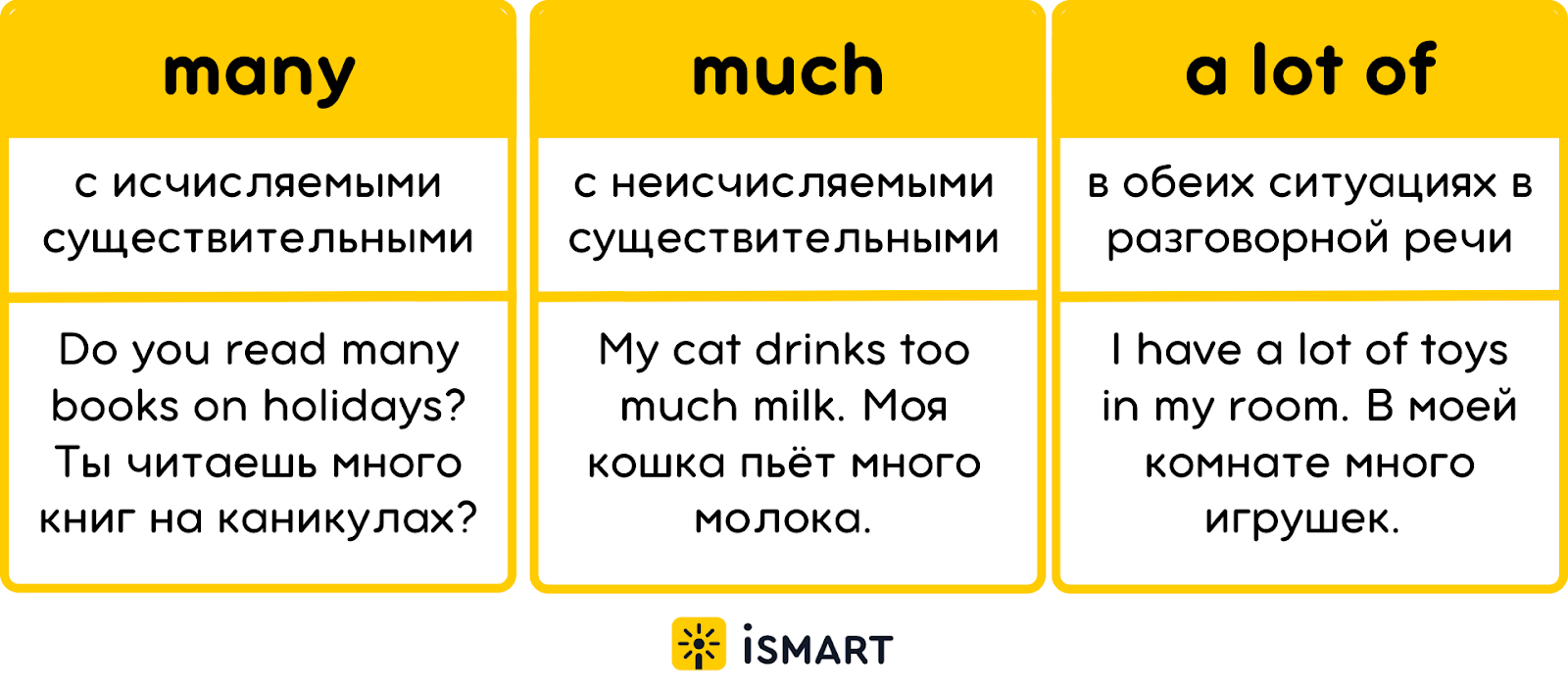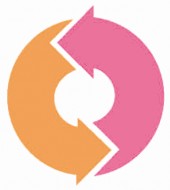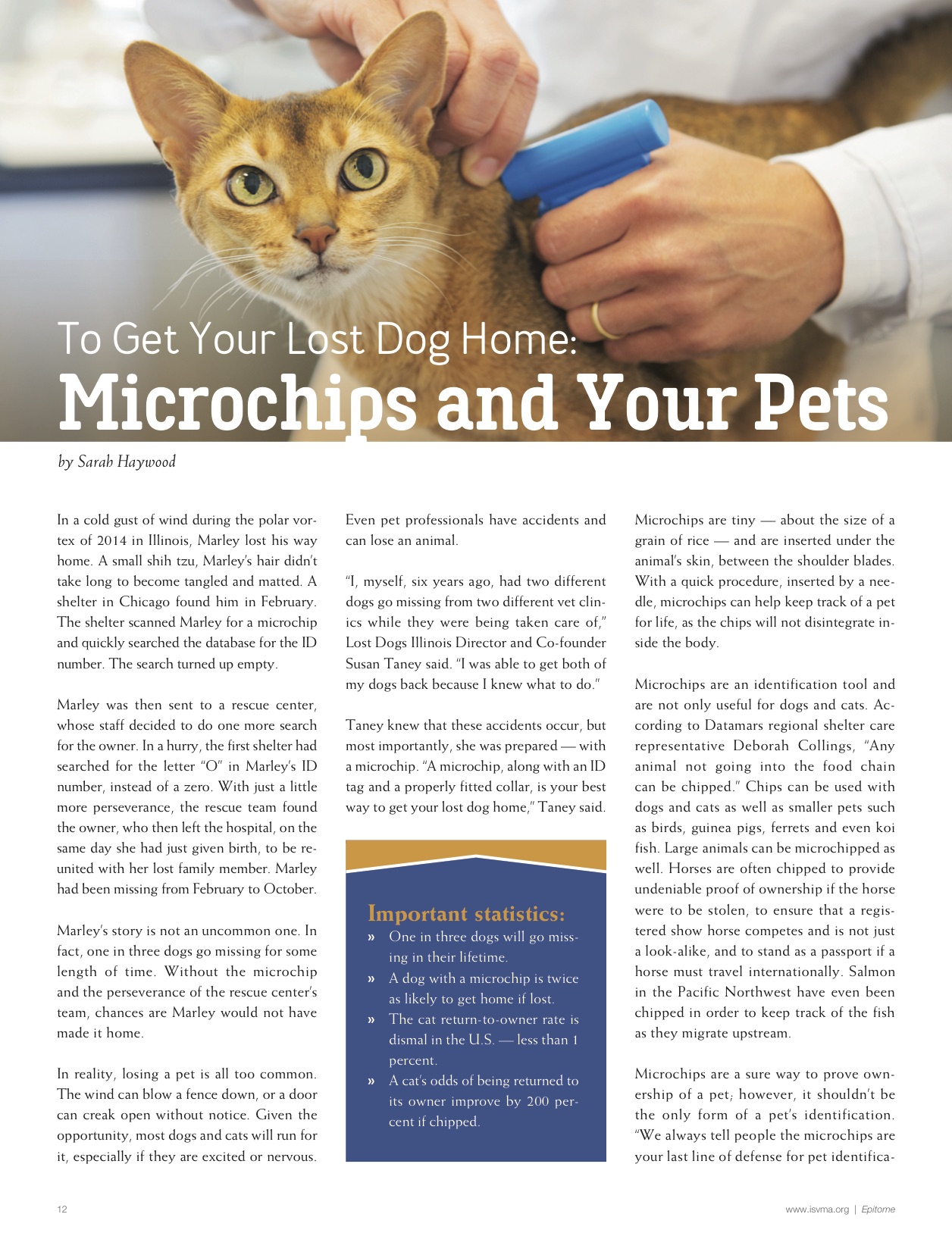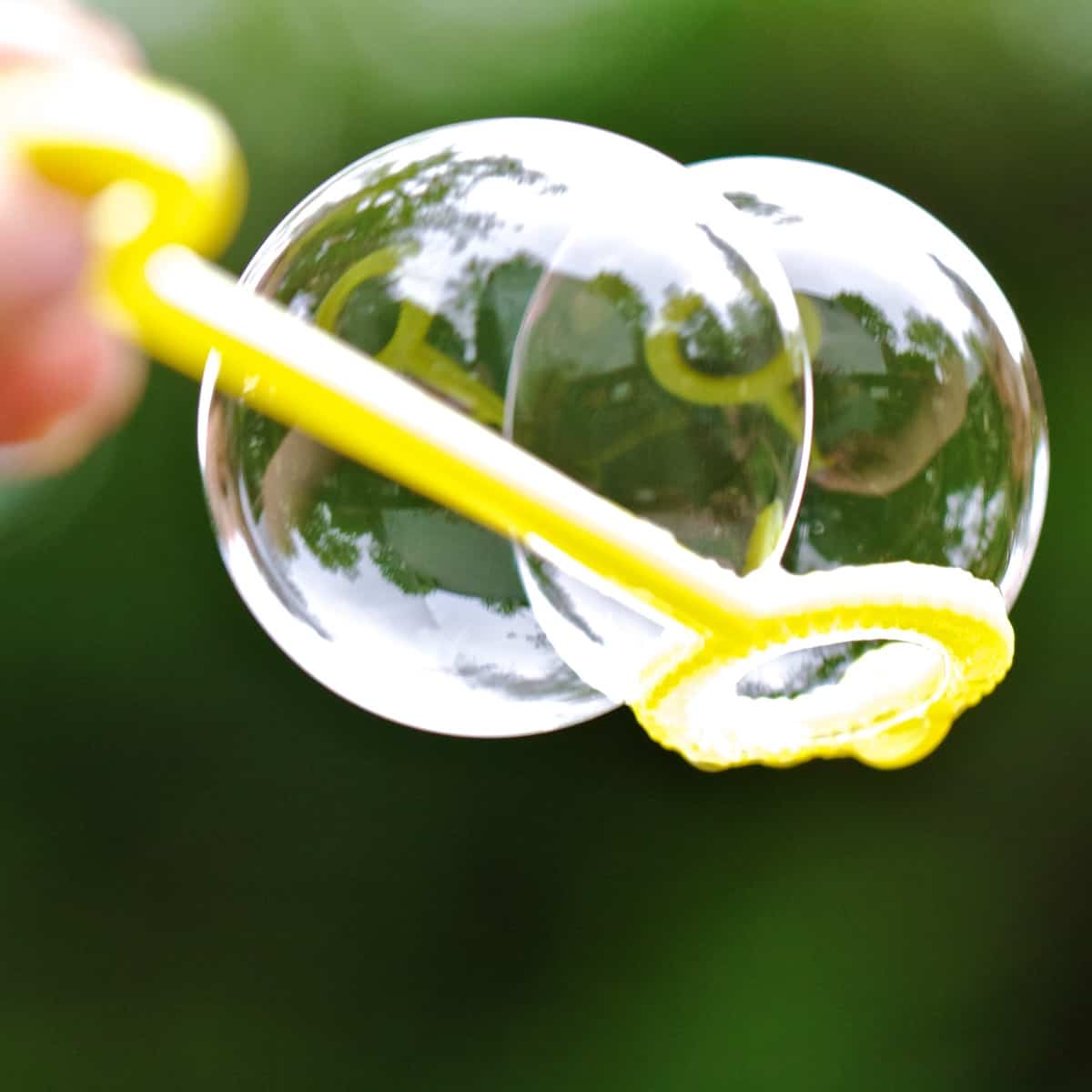Fascinating World of Miscellany: Exploring the Unexpected
The appeal of miscellaneous knowledge
There be something unambiguously satisfying about miscellaneous knowledge — those random facts, unusual connections, and surprising tidbits that don’t fit neatly into categories. Unlike specialized fields of study, miscellany celebrate the unexpected and embrace the joy of learn just for learn’s sake.
The human mind course gravitate toward patterns and connections. When we encounter miscellaneous information, our brains light up with curiosity, work to find relationships between ostensibly unrelated facts. This cognitive exercise keep our minds sharp and flexible.
The cognitive benefits of random knowledge
Research suggest that expose ourselves to miscellaneous information offer several cognitive advantages. When we learn random facts, we create new neural pathways and strengthen exist ones. This mental flexibility help us think more creatively and approach problems from multiple angles.
Additionally, have a repository of miscellaneous knowledge make us better conversationalists and problem solvers. That random fact about how ants can carry 50 times their body weight might seem useless until you’re discussed biomechanics or design a miniature robot.
Miscellany in the digital age
The internet has transformed how we encounter and consume miscellaneous information. Before digital technology, miscellany was oftentimes find in almanacs, encyclopedias, and books of trivia. Todaywe haveve endless streams of random facts at our fingertips.
Social media platforms like Reddit, twitter, and TikTok have become hotbeds for share miscellaneous knowledge. Subreddits like r / todayilearne and r / mildlyintereste attract millions of users who share and discuss random discoveries. These digital spaces have democratized miscellany, allow anyone to contribute to our collective knowledge base.
The rise of miscellaneous content
Content creators have tap into our love for miscellany. YouTube channels dedicate to random facts, podcasts explore obscure topics, and websites curate interesting tidbits have exploded in popularity. This content satisfy our innate curiosity while provide entertainment value.
Show like” qQI” quite interesting ))n the uk UKve build entire formats around miscellaneous knowledge, prove that random facts can make for compelling entertainment when present with humor and context.
The science behind our love for random facts
Why do humans enjoy collect miscellaneous information? Psychologists point to several factors. Initiative, learn new things — yet apparently useless facts — trigger the release of dopamine in our brains. This chemical reward makes the acquisition of knowledge inherently pleasurable.
Second, miscellaneous knowledge give us social currency. Share an interesting fact at a party or in a conversation can earn attention and admiration from others. This social reinforcement encourages us to collect more random information.
Lastly, miscellany offer a sense of mastery and control. In a complex world where specialized knowledge can take years to acquire, random facts provide quick wins — bite sized pieces of understanding that make us feel more knowledgeable about our world.
Practical applications of miscellaneous knowledge
While miscellany might seem impractical by definition, random knowledge oftentimes prove amazingly useful. Here are some practical applications:
Problem-solving and innovation
Many breakthrough innovations come from connect apparently unrelated concepts. When you have a diverse knowledge base, you’re more likely to see connections others miss. For example, the invention oVelcroro wainspiredre by the way burrs stick to clothing — a random observation that lead to a revolutionary fasten system.

Source: biblehub.com
Educational value
Teachers frequently use interesting facts to capture students’ attention and make learn more engaging. A random fact about how honeybees communicate through dance can serve as an entry point to discussions about animal communication, physics, or social behavior.
Memory enhancement
The act of learn and recall miscellaneous information exercise our memory. Mental health experts frequently recommend trivia games and fact learning as exercises to maintain cognitive function, specially as we age.
Collect and organizing miscellany
For those who enjoy collect miscellaneous knowledge, organization become both a challenge and an art form. Some approaches include:
Digital tools
Apps like notion, Evernote, and obsidian allow users to create personal knowledge bases where they can store and connect random facts. These tools support tagging, link, and search, make it easier to retrieve information when needed.
Commonplace books
Date back centuries, the practice of keep a commonplace book — a personal collection of quotes, observations, and facts — remain popular. Modern commonplace books might take the form of journals, digital documents, or specialized notebooks.
Mind mapping
Visual thinkers oftentimes use mind maps to organize miscellaneous information, draw connections between apparently unrelated facts. This approach help reveal patterns and relationships that might differently remain hidden.
Famous collectors of miscellany
Throughout history, certain individuals have become know for their love of miscellaneous knowledge:
Leonardo da Vinci fill notebooks with observations on topics range from anatomy to architecture, botany to bird flight. His diverse interests and random observations fuel his creative and scientific work.
Theodore Roosevelt was known for his encyclopedic knowledge on subjects from natural history to naval warfare. His ability to recall random facts impress( and sometimes exhaust) those around him.
Stephen fry, modern polymath and host of QI, has built much of his career around share miscellaneous knowledge with humor and context.
The ethics of miscellany
In an era of information overload, we must consider the ethics of how we consume and share miscellaneous information. Several considerations arise:
Accuracy and verification
Random” facts ” pread promptly ononlinebut not all are accurate. Responsible collectors of miscellany verify information before accept or share it. Critical thinking skills become essential when navigate the world of random knowledge.
Context and nuance
Facts remove from their context can be misleading. Ethical engagement with miscellaneous knowledge involve seek to understand the broader context and recognize that single facts seldom tell complete stories.
Information overload
With endless streams of random information available, we must be selective about what we consume and retain. Mindful curation of miscellany prevent cognitive overwhelm and help us focus on quality over quantity.
Miscellany in different cultures
Different cultures approach miscellaneous knowledge in distinct ways. In some eastern educational traditions, students are encouraged to memorize vast amounts of apparently random information as a foundation for later synthesis and understanding.
Western education has historically emphasized categorization and specialization, though recent pedagogical approaches havebegunn to recognize the value of interdisciplinary thinking and miscellaneous knowledge.
Indigenous knowledge systems oftentimes integrate information that western thinking would consider separate disciplines — medicine, astronomy, botany, and spirituality might altogether be connected within a single story or teaching.
Create your own collection of miscellanies
If you’re inspired to start collect miscellaneous knowledge, consider these approaches:
Follow your curiosity
Let your natural interests guide you. If something catch your attention, take a moment to learn more about it. The almost rewarding collections of miscellanies reflect the collector’s genuine curiosity.
Diverse sources
Seek information from varied sources — books, podcasts, documentaries, conversations, direct observation. Each source offer different types of knowledge and perspectives.
Make connections
Challenge yourself to find relationships between ostensibly unrelated facts. This practice enhance both retention and creative thinking.
Share and discuss
Miscellaneous knowledge become more valuable when shared. Conversations about random facts frequently lead to deeper insights and new discoveries.
The future of miscellany
As information continue to proliferate, our relationship with miscellaneous knowledge evolve. Several trends are emerged:
Ai assisted curation
Artificial intelligence progressively helps us filter and organize random information, suggest connections we might miss and help separate signal from noise.
Interdisciplinary thinking
Academic and professional fields are recognized the value of miscellaneous knowledge and interdisciplinary approaches. The ability to connect diverse concepts is progressively value in education and the workplace.
Mindful consumption
As we become more aware of information overload, mindful approaches to consume miscellany are gain popularity. Quality over quantity become the guide principle.
Embrace the joy of random discovery
Peradventure the greatest value of miscellaneous knowledge lie in the joy of discovery itself. There be a childlike wonder in learn something new and unexpected — a moment of surprise that remind us how vast and fascinating our world unfeigned is.

Source: biblehub.com
Whether you’re a dedicated collector of random facts or just someone who appreciate an interesting tidbit, miscellany offer endless opportunities for learning, connection, and delight. In celebrate the miscellaneous, we celebrate curiosity itself — the fundamental human drive to understand our world in all its wonderful complexity.
Indeed, the next time you come across a random fact — whether it’s about ant strength, cloud formations, or ancient roman dining habits — take a moment to appreciate it. That small piece of knowledge is another thread in the rich tapestry of human understanding, another connection in the vast web of miscellany that make life thus unceasingly fascinating.
MORE FROM grabscholarships.de













